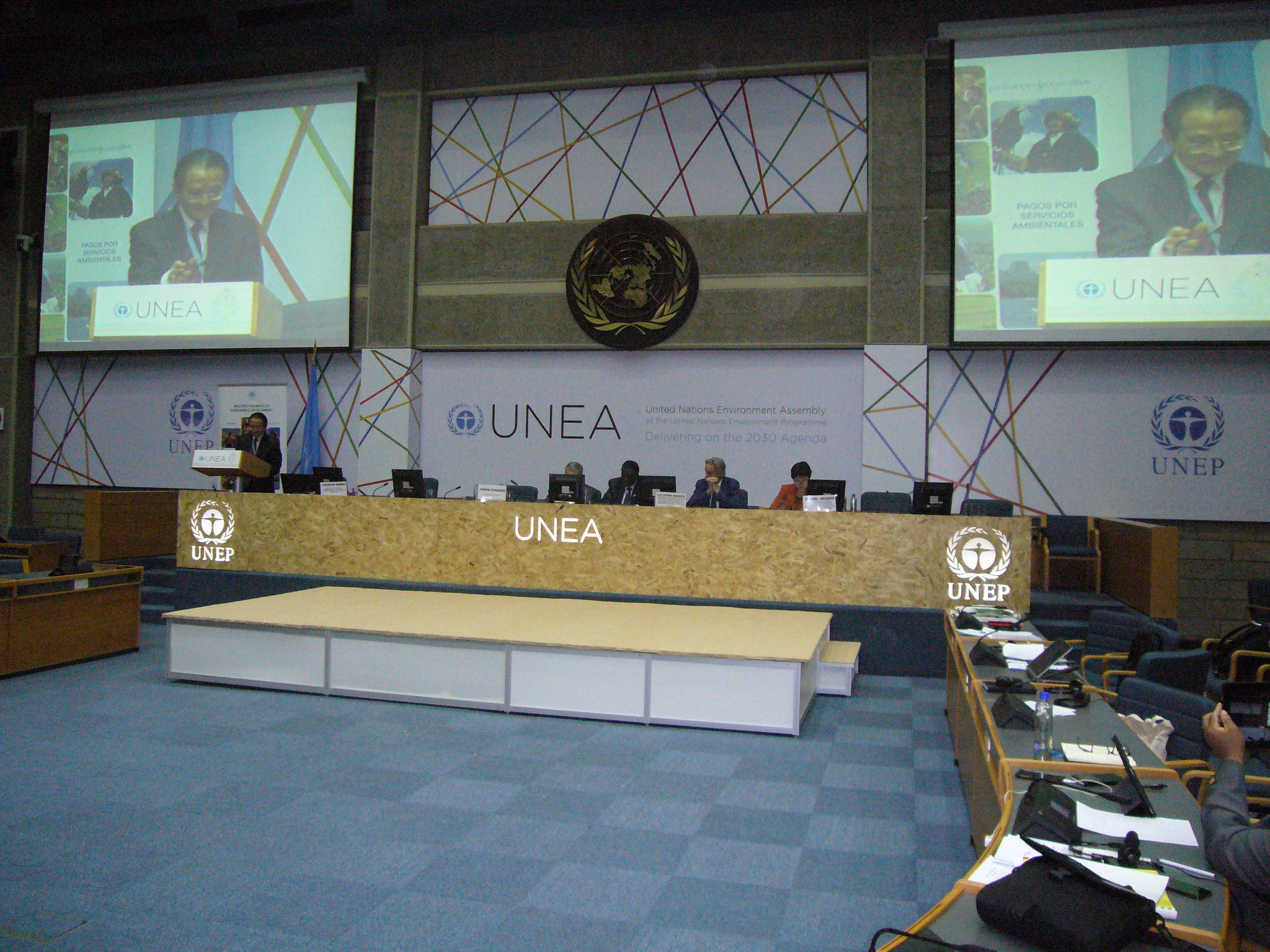Press Release
In the second United Nations Environment Assembly (UNEA) held in Nairobi (Kenya) between 23 and 27 May 2016, delegates and representatives from Member States adopted resolution 2/25 on the "Application of Principle 10 of the Rio Declaration on Environment and Development in the Latin America and Caribbean Region."
The resolution, proposed by Chile and Costa Rica, was one of the 25 resolutions adopted at the second meeting of UNEA.
In the same, countries are encouraged to continue their efforts to strengthen international dialogue and cooperation, technical assistance and capacity-building in support of the implementation of principle 10 of the Rio Declaration on environment and development, taking into account relevant advances, instruments, experiences and practices since its adoption, and to work for the strengthening of environmental rule of law at the international, regional and national levels.
Countries also noted the progress made in the Latin American and Caribbean region to advance the development of a regional agreement on access to information, public participation, and access to justice in environmental matters, as enshrined in Principle 10 of the Rio Declaration, with the support of the Economic Commission for Latin America and the Caribbean as technical secretariat.
Since 2013, UNEA is the governing body of the United Nations Environment Programme (UNEP). In its framework, the 193 United Nations Member States and Observer States participate in discussions and decision-making on issues that affect the state of the environment and global sustainability.


